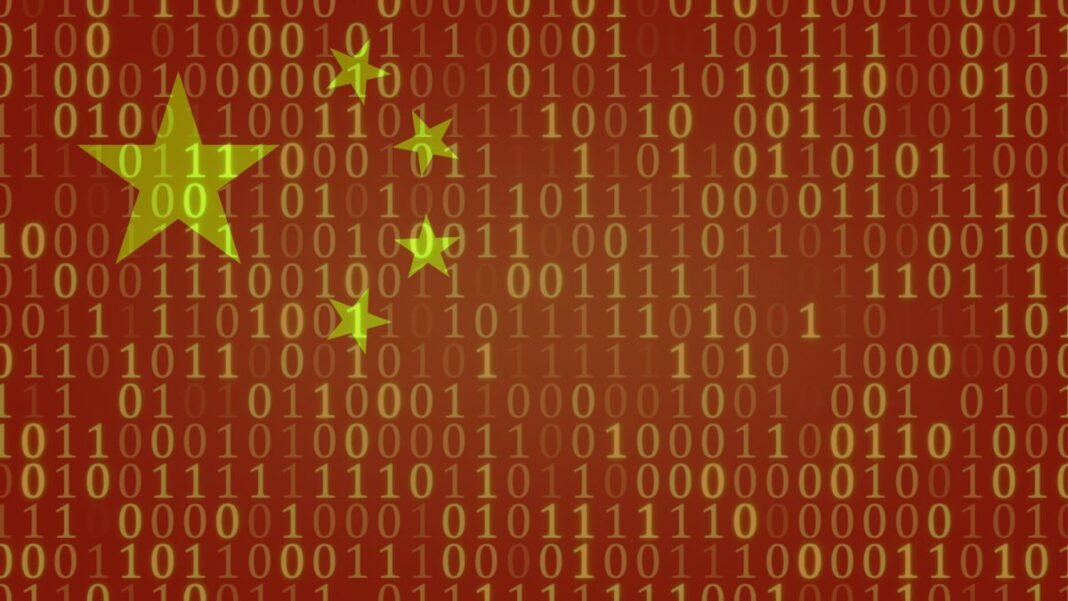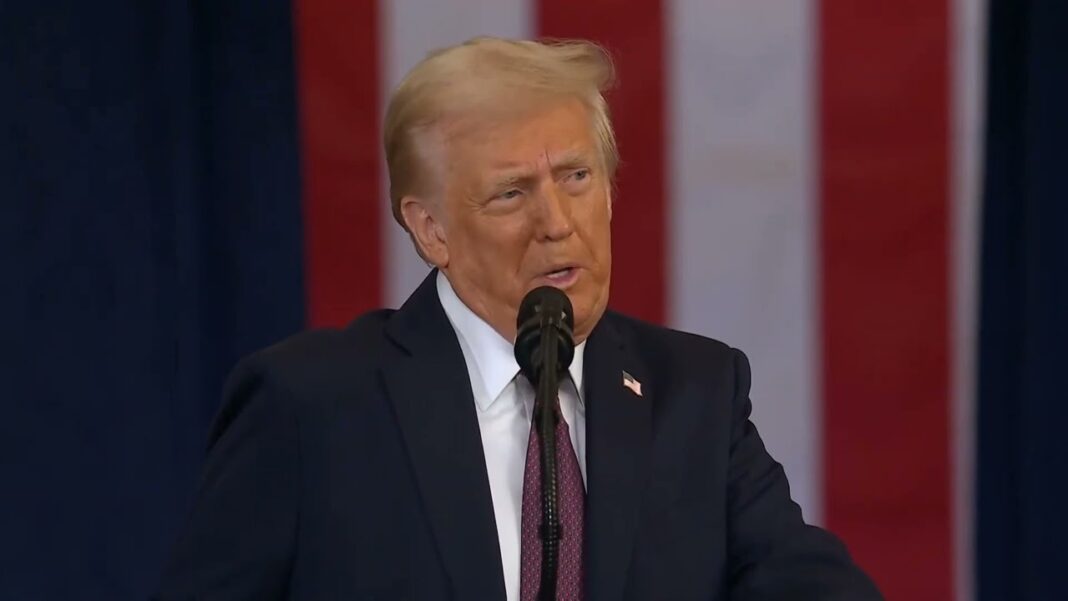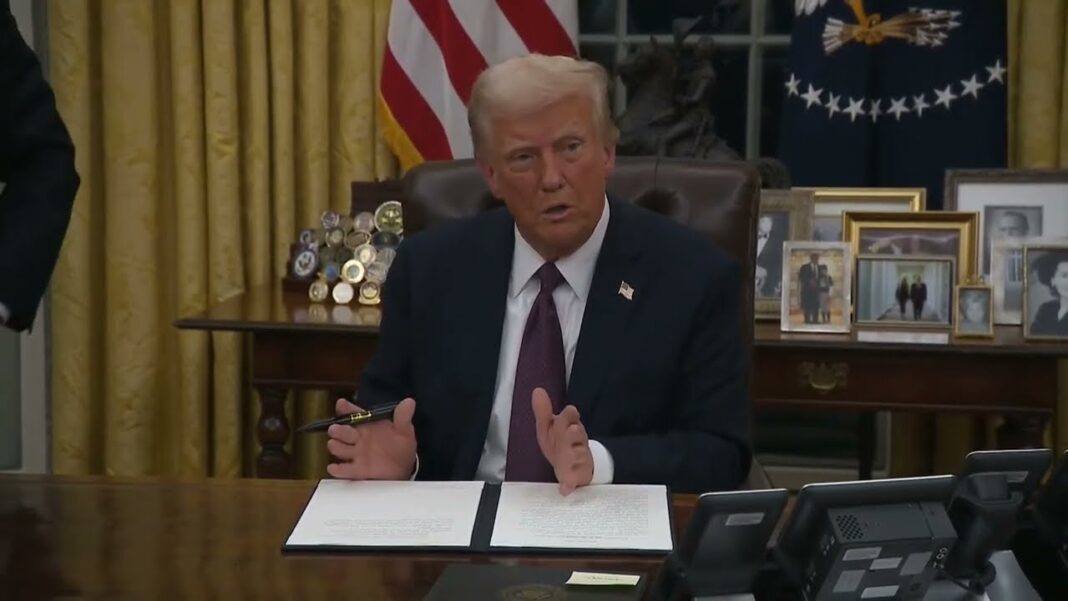The United States, India, Japan, and Australia are key targets for the CCP’s hacking efforts, but gaps impede effective counterespionage, analysts say.
The Chinese regime’s cyberespionage campaign will likely become more sophisticated in targeting key adversaries in 2025, particularly the United States, experts have warned. The situation calls for collaborative counteroperations among Quad alliance partners—the United States, India, Japan, and Australia. These nations are targeted by Beijing, but several gaps currently impede their collective efforts, analysts said.
In the past several weeks, Chinese Communist Party (CCP) hackers have been in the headlines.
The latest disclosure came on Jan. 8, as Japan linked more than 200 cyberattacks over the past five years to CCP hacking group MirrorFace. Japan detailed the group’s tactics and called on government agencies and businesses to reinforce preventive measures.
Those cyberattacks targeted Japan’s foreign and defense ministries and its space agency. Politicians, journalists, private companies, and think tanks were also attacked.
Early last month, CCP cyberattackers hacked into the U.S. Treasury Department’s workstations remotely and stole documents.
In the breach, described as a “major incident” by the Treasury Department, Chinese regime-backed hackers compromised a third-party software service provider, Beyond Trust, and accessed unclassified documents.
The December incident happened amid cybersecurity breaches by another Beijing-backed hacking group, Salt Typhoon, which has been involved in a cyberespionage campaign since 2022. These attacks have already affected nine telecom companies, including Verizon, AT&T, and Lumen Technologies.
Jen Easterly, director of the U.S. Cybersecurity and Infrastructure Security Agency, highlighted the geopolitical context of Beijing’s increasing cyberespionage in a Jan. 15 blog post titled “Strengthening America’s Resilience Against the PRC Cyber Threats.”
“A crisis in Asia, precipitated by an invasion of Taiwan or a blockade of the Taiwan Strait, could have very real consequences for the safety and security of American citizens here at home,” Easterly wrote.
Such an invasion, she wrote, could be followed by disruptive attacks against “everything, everywhere, all at once.” Those attacks could hit transportation nodes, telecommunications services, power grids, water facilities, “and likely much more,” she wrote.









